Although this might be different in other countries, the primary objective of bilingual education in the United States is to teach English to students who are not as proficient in English while building their literacy in their home language. U.S. citizens also have the leisure to learn a second language for fun, unlike places like South Korea where English is a required course.
Bilingual education has been a subject of debate in the United States for many years. Although some people are in agreement with the proposition of bilingual education, others decide to oppose it. Some point out that there ought to be an opportunity to communicate in whichever language one prefers which allows for communities to join together and strengthen, while others condemn it by saying that using any other languages causes divisiveness.
However, due to how rapidly today’s global society is progressing, bilingual education has become a necessity. Without some form of duo-language program, countries are sure to fall behind and lose their global ranking. Bilingual education has many benefits which include strengthening communities, improving self confidence, and building appreciation for other cultures.
Learning one language has been proven to support the learning of another language. In a review of the research conducted by Stephen D. Krashen, a professor emeritus at the University of Southern California, reports that it will be much easier to learn to read in a language one already knows, since written material in that language will be more comprehensible.
Once you can read, you can read. This ability transfers to other languages that may be acquired. With the understanding acquired from past experiences in their first language (L1) the student will be able to connect that knowledge with what he/she is currently learning in their second language (L2). Therefore, the abilities learned in the first language operate as an essential establishment that guides the pursuit of the second language, which will streamline the learning process and increase the benefits of learning more than one language.
What this means at a basic level is that if an educator gives guidance in the student’s native language, it gives the student access to the information and builds their literacy in that home language. This information and the basic literacy skills then helps make English, or any new language, much more comprehensible.
Take for example, a Limited English Proficient student who has learned social science in their native tongue. This student will learn this content better when taught in an English instruction classroom because they will have the foundational information to back their comprehension. Furthermore, the literacy they build will assist the student in acquiring more English proficiency. Developing literacy in the first language will help in expanding a student’s skill and knowledge in another language.
Not only can bilingual education assist in maintaining one’s fluency in a native language alongside building up their understanding of the second language, it can also help increase self-confidence in children as well as prepare and introduce them to different traditions.
According to a study performed by the WZB Berlin Social Science Center (Arbeitsstelle Interkulturelle Konflikte und Gesellschaftliche Integration), bilingual education may positively affect a student’s confidence and self-esteem because it can help immigrant students succeed in school. Additionally, it stresses the significance of a student’s background knowledge and acknowledges their heritage language and cultural background as well.
One of the reasons that some students are unable to attain full understanding in a second language is because they are hesitant to make errors which may result in embarrassment and being laughed at by their peers. On the other hand, a student who is self-confident and secure thanks to the success and recognition that comes with bilingual education will be able to learn a second language more successfully.
In addition to building more fluent literacy and developing more confidence, bilingual education may also increase cross cultural appreciation. The exposure to two languages inherently aids students in developing an appreciation for differences in cultures. Bilingual education culturally builds bridges between different ethnic groups because it allows them to protect and cultivate their own language and identity while exploring those of their neighbors. Moving between two different linguistic worlds means children come into contact and identify with the traditions and identities of each one, expanding their experiences as well as their minds and hearts.
Bilingual education is essential in today’s global world. With its ability to not only develop helpful proficiency in two languages but also increase self-confidence in students and introduce them to different cultures, any community that is not implementing bilingual education will fall behind in a globalizing world, and the United States is no exception.




